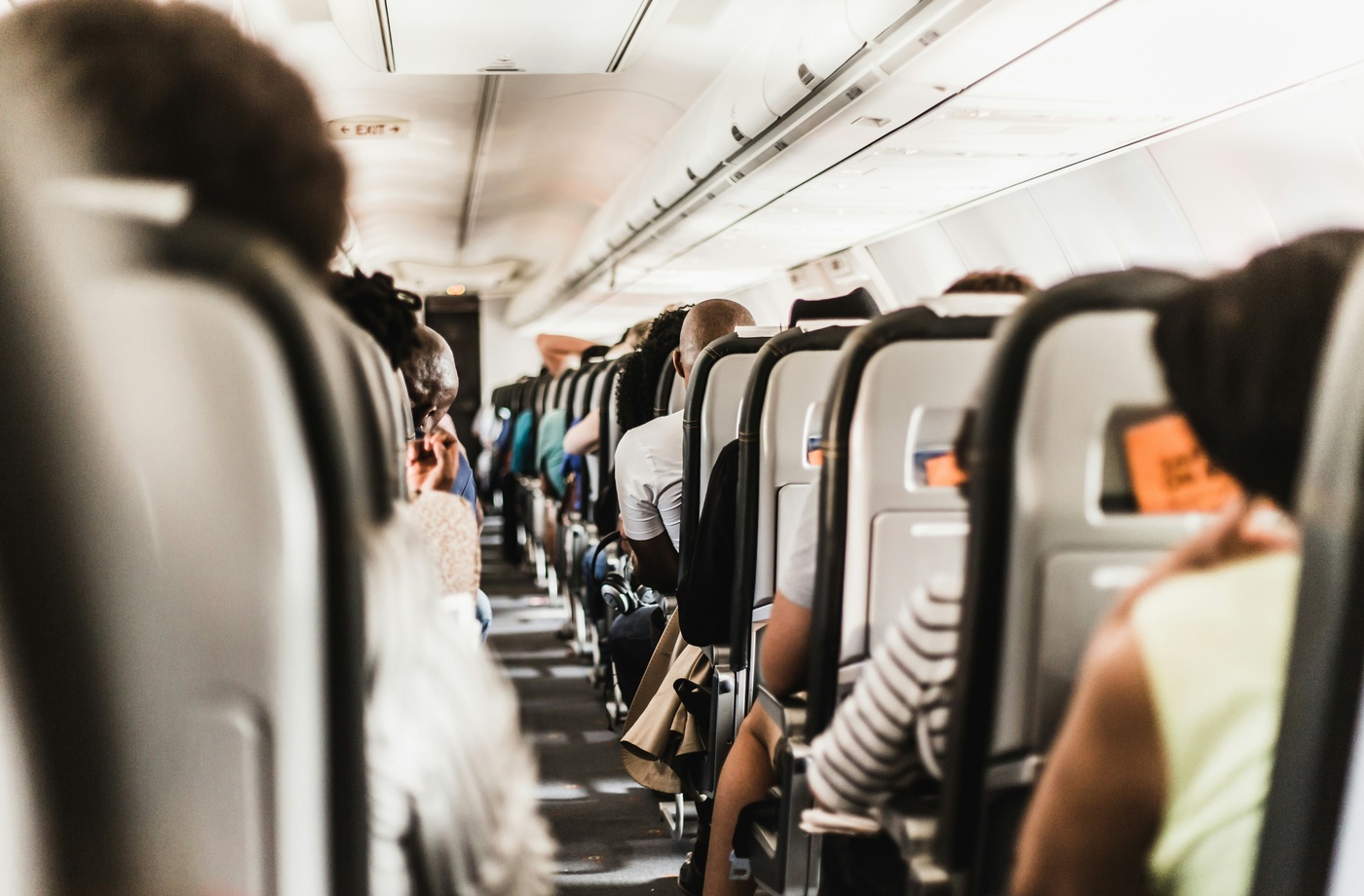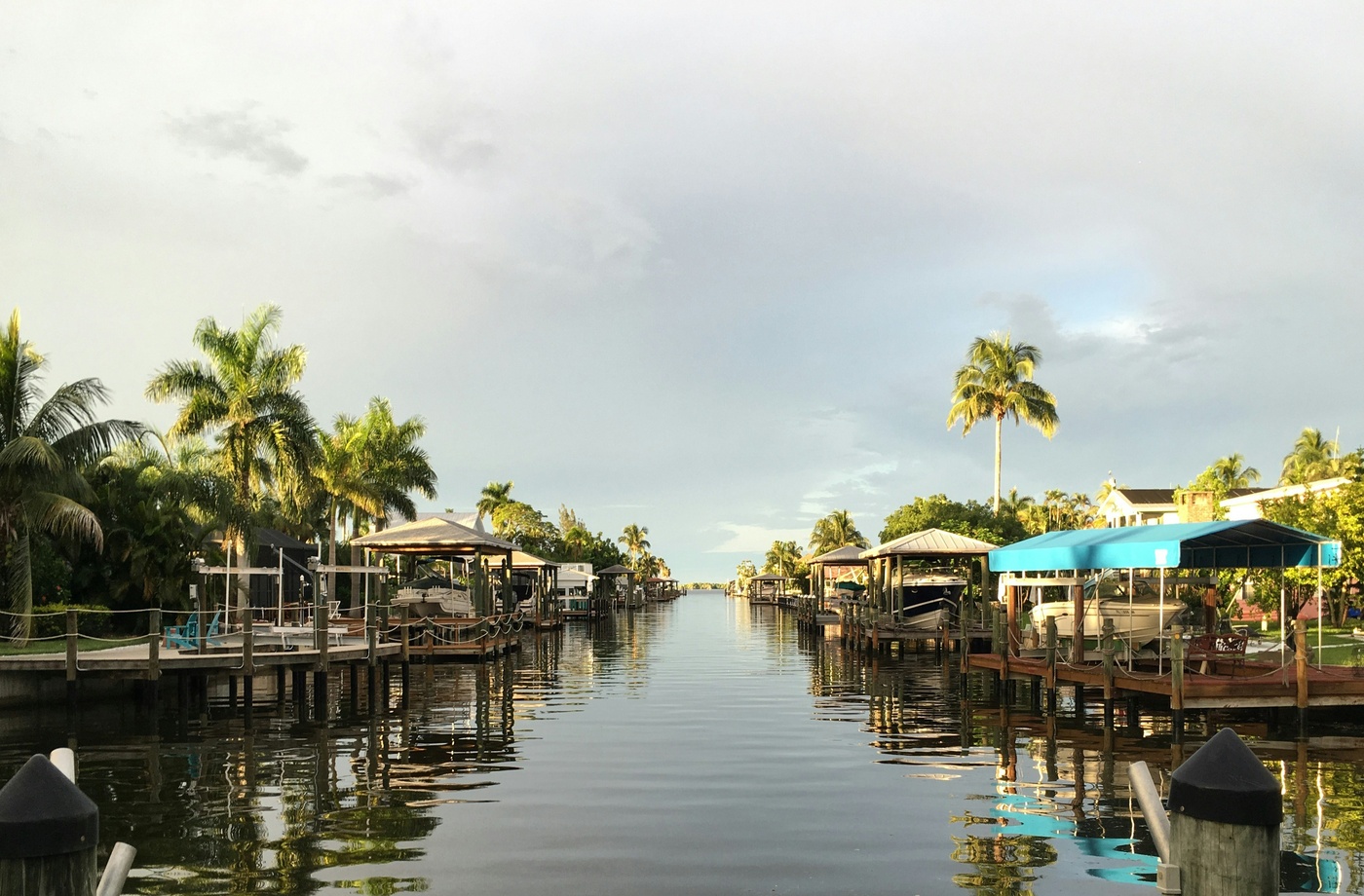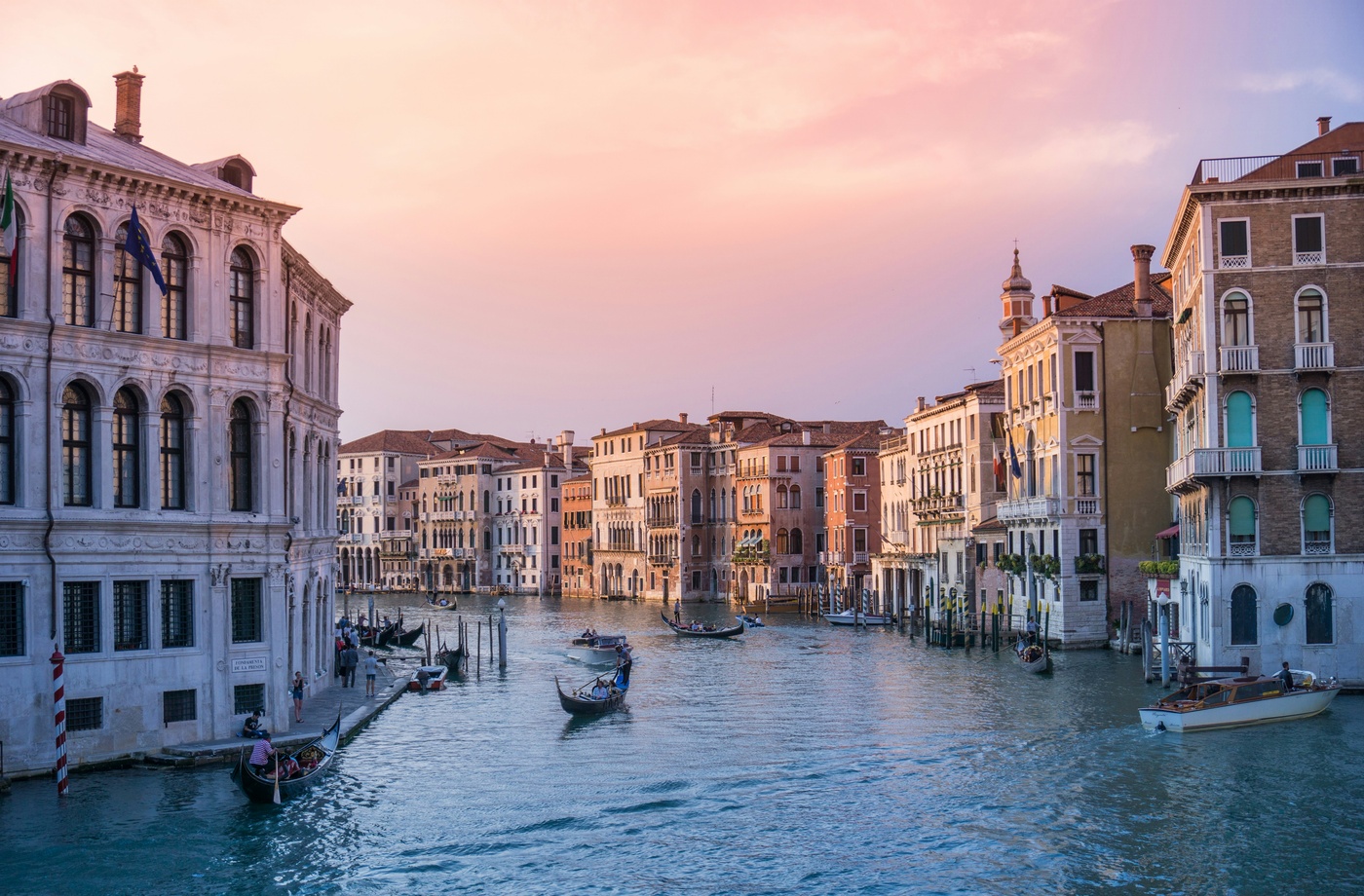Traveling alone can be an incredibly rewarding experience, offering the freedom to explore new places and cultures at your own pace. However, it’s essential to prioritize safety when navigating unfamiliar territories. Here are some tips to help you stay safe during your solo adventures:
1. Personal Safety Tips for Different Travel Scenarios
When traveling alone, you’ll encounter different situations that require heightened awareness. Here are some general tips for common travel scenarios:
In Hotels: Always lock your hotel room door and use any additional security features available, like deadbolts and peepholes. If you’re staying in a large hotel, avoid sharing your room number with strangers. For extra peace of mind, consider booking stays with reputable hotel chains like Best Western or Marriott, which prioritize guest safety.
On Public Transportation: Whether you’re taking a bus, train, or subway, always keep your belongings close. Be cautious when boarding or exiting, and avoid displaying valuables like expensive jewelry or electronics. If you’re traveling to a destination where public transport may be risky, opt for a trusted ride-sharing service like Uber.
Walking Alone: Stick to well-lit, populated areas, especially at night. Avoid shortcuts through alleys or unfamiliar neighborhoods. If you’re traveling abroad, it’s a good idea to research the safest walking routes, or use services like Google Maps for real-time walking directions.
When Dining Out: Opt for restaurants with good reviews and busy atmospheres, where you’re less likely to be isolated. Popular chains like Applebee’s and Olive Garden are often reliable and provide a sense of security, especially in tourist-friendly areas.
2. Avoiding Scams
Unfortunately, scams targeting solo travelers are common. Here’s how to spot and avoid them:
Fake Guides: Avoid unsolicited offers for tours or services from street vendors, especially if they seem too good to be true. Always book tours through trusted sources, such as reputable travel agencies or hotel concierges.
Taxi Scams: Insist on using metered taxis or agree on a fare before you get in. If possible, book a taxi through an app like Uber to avoid potential overcharging.
Credit Card Fraud: Be cautious when making purchases in unfamiliar locations. Use secure payment options like PayPal or Apple Pay when possible. For added security, keep a backup credit card and monitor your statements regularly.
Hotel Scam: Double-check hotel prices online before booking, and make sure you’re on the official hotel website. Sites like Hotels.com or Airbnb offer transparent pricing and verified reviews to help you avoid scams.
3. Staying Connected with Loved Ones
One of the most important things you can do to ensure your safety while traveling alone is to stay connected with family and friends. Here are some strategies:
Share Your Itinerary: Always let someone know your travel plans, including where you’ll be staying and your expected check-in times. Use apps like Find My Friends (Apple) or Google Maps to share your real-time location.
Emergency Contacts: Have emergency contacts saved in your phone, and keep a physical copy of them in your wallet or bag, just in case.
Stay in Touch: Schedule regular check-ins with a family member or friend via phone, text, or social media to let them know you’re safe. Consider using communication apps like WhatsApp or Skype for reliable, low-cost calls.
4. Emergency Preparedness and Resources
Being prepared for emergencies can make a significant difference in your overall safety. Here’s what to do in case of an emergency:
Know Local Emergency Numbers: Before you travel, familiarize yourself with the local emergency numbers. For example, in the U.S., dial 911, while in Europe, it’s 112. You can easily find this information on apps like Google Maps.
First-Aid Kit: Carry a small first-aid kit with essentials like bandages, pain relievers, antiseptic wipes, and any necessary prescription medications. Stores like Walgreens and CVS are reliable for picking up additional supplies if needed.
Travel Insurance: Invest in comprehensive travel insurance that covers medical emergencies, trip cancellations, and lost luggage. Websites like Travel Guard offer policies tailored for solo travelers.
Download Safety Apps: Apps like bSafe and TripWhistle can provide emergency alerts and even send your location to a trusted contact in case of an emergency.
Local Resources: Make sure to have the contact information for your country’s embassy or consulate. They can assist in cases of lost passports or legal troubles.
Traveling alone doesn’t have to be a daunting experience. By following these safety tips, staying aware of potential scams, and preparing for emergencies, you can confidently explore the world while keeping yourself secure. Don’t forget to stay connected with loved ones and choose accommodations, transportation, and activities that prioritize safety. And when booking essentials, use Fluz to earn cashback at trusted merchants like Uber, Amazon, Marriott, and more—so you can stay safe and save at the same time.
Stay safe and enjoy the adventure!



